Rushes | An Oscar for Stunts, Auteur Ownership, the Dastardly “Movie Mate”
Get in touch to send in cinephile news and discoveries. To keep up with our latest features, sign up for the Weekly Edit newsletter and follow us @mubinotebook on Twitter and Instagram.NEWS Hooper (Hal Needham, 1978) The Academy of Motion Picture Arts and Sciences has announced the creation of a competitive award for achievement in stunt design beginning with the 100th Academy Awards in 2028. “Stunts are essential to every genre of film and rooted deep in our industry’s history,” says filmmaker and stunt performer David Leitch, who led the initiative. The Academy also announced that members are now required to watch all nominated films in each category to participate in the final round of Oscar voting, though it's currently unclear how such a measure will be enforced. Director Ryan Coogler negotiated a rights-reversion agreement with Warner Bros. for Sinners (2025) under which he becomes the owner of his film 25 years after its release. Though others, including Quentin Tarantino, have fashioned similar deals, Coogler’s has caused a stir among some executives, who claim such a precedent could be “the end of the studio system.” The Culture, Media & Sport Committee in the UK House of Commons has recommended that all subscription video-on-demand platforms pay a 5 percent tax on their UK subscriber revenue, which would be directed into a cultural fund to support domestic programming. This recommendation comes on the heels of the success of Netflix's TV series Adolescence (2025), a British show about a young man's turn to violent misogyny. Director Peter Kosminsky recently argued that the small levy would help home-grown broadcasters and reenergize the co-production market. In celebration of its fifteenth anniversary, Blumhouse is re-releasing some of its films for one-night-only theatrical engagements, including M3GAN (2022), about an AI doll that develops hostile sentience. Blumhouse has partnered with Meta to launch its “Movie Mate technology,” allowing audiences to access exclusive content on their phones in real time during the screening. However, this “second-screen experience” isn’t supported by every theater: Alamo Drafthouse has announced that their screening of M3GAN will adhere to their strict no-phones policy. REMEMBERINGWake in Fright (Ted Kotcheff, 1971). Ted Kotcheff has died at 94. The Canadian filmmaker began his storied journeyman career in the mid-1950s at the Canadian Broadcasting Corporation, where he became the youngest director on staff at the age of 24. Having been barred entry to the US because of a brief membership with a left-wing book club, he decamped instead to the UK, where he continued his television career before moving into feature films. Kotcheff broke out with Wake in Fright (1971), a key Australian New Wave Film about a young schoolteacher’s brutal experience in the outback. He later went on to direct such diverse works as The Apprenticeship of Duddy Kravitz (1974), starring a young Richard Dreyfuss; the caustic comedy Fun with Dick and Jane (1977); and his best-known work, First Blood (1982), the first film in the Rambo franchise and the only one that gestured toward a critique of the Vietnam War. He also helmed the football comedy North Dallas Forty (1979), the Gene Hackman–starring action picture Uncommon Valor (1983), and the goofy corpse comedy Weekend at Bernie’s (1989). “The only thing I have never done is what others expected me to do,” Kotcheff wrote in his 2017 autobiography, Director’s Cut: My Life in Film. Tomowari Nishikawa has died at 56. The Japanese experimental filmmaker initially studied economics but turned to cinema after finding inspiration from European directors and the works of Shuji Terayama and Toshio Matsumoto. He began studying cinema and philosophy at SUNY Binghamton in 2001 under the tutelage of Ken Jacobs, Julie Murray, and Vincent Grenier. Since 2003, he completed over twenty films, culminating with Magnetic Point (2023) and Light, Noise, Smoke, and Light, Noise, Smoke (2023). Of the latter, Michael Sicinski writes, “Nishikawa has long been an exemplary cinematic formalist, locating the underlying order of things in our shared visual world. Many of his best films have employed a theme-and-variation structure to bring out the unexpected beauty of large-scale architectural or industrial forms: cityscapes, bridges, and most recently a Ferris wheel.” All of Nishikawa’s films are available to watch on his Vimeo. Lionel Soukaz has died at 71. The French filmmaker was a pioneer of his country’s queer cinema and was a confederate of the Front homosexuel d'action révolutionnaire (FHAR), a post-1968 alliance between lesbian feminists and gay male activists to promote queer visibility. Soukaz eventually teamed up with FHAR founder and influential queer theorist Guy Hocquenghem to codirect Race d’Ep (1979), an experimental documentary that chronicles the history of gay representation and desire; the film was censored by French authorities, a decision pro

Get in touch to send in cinephile news and discoveries. To keep up with our latest features, sign up for the Weekly Edit newsletter and follow us @mubinotebook on Twitter and Instagram.
NEWS

Hooper (Hal Needham, 1978)
- The Academy of Motion Picture Arts and Sciences has announced the creation of a competitive award for achievement in stunt design beginning with the 100th Academy Awards in 2028. “Stunts are essential to every genre of film and rooted deep in our industry’s history,” says filmmaker and stunt performer David Leitch, who led the initiative. The Academy also announced that members are now required to watch all nominated films in each category to participate in the final round of Oscar voting, though it's currently unclear how such a measure will be enforced.
- Director Ryan Coogler negotiated a rights-reversion agreement with Warner Bros. for Sinners (2025) under which he becomes the owner of his film 25 years after its release. Though others, including Quentin Tarantino, have fashioned similar deals, Coogler’s has caused a stir among some executives, who claim such a precedent could be “the end of the studio system.”
- The Culture, Media & Sport Committee in the UK House of Commons has recommended that all subscription video-on-demand platforms pay a 5 percent tax on their UK subscriber revenue, which would be directed into a cultural fund to support domestic programming. This recommendation comes on the heels of the success of Netflix's TV series Adolescence (2025), a British show about a young man's turn to violent misogyny. Director Peter Kosminsky recently argued that the small levy would help home-grown broadcasters and reenergize the co-production market.
- In celebration of its fifteenth anniversary, Blumhouse is re-releasing some of its films for one-night-only theatrical engagements, including M3GAN (2022), about an AI doll that develops hostile sentience. Blumhouse has partnered with Meta to launch its “Movie Mate technology,” allowing audiences to access exclusive content on their phones in real time during the screening. However, this “second-screen experience” isn’t supported by every theater: Alamo Drafthouse has announced that their screening of M3GAN will adhere to their strict no-phones policy.
REMEMBERING

Wake in Fright (Ted Kotcheff, 1971).
- Ted Kotcheff has died at 94. The Canadian filmmaker began his storied journeyman career in the mid-1950s at the Canadian Broadcasting Corporation, where he became the youngest director on staff at the age of 24. Having been barred entry to the US because of a brief membership with a left-wing book club, he decamped instead to the UK, where he continued his television career before moving into feature films. Kotcheff broke out with Wake in Fright (1971), a key Australian New Wave Film about a young schoolteacher’s brutal experience in the outback. He later went on to direct such diverse works as The Apprenticeship of Duddy Kravitz (1974), starring a young Richard Dreyfuss; the caustic comedy Fun with Dick and Jane (1977); and his best-known work, First Blood (1982), the first film in the Rambo franchise and the only one that gestured toward a critique of the Vietnam War. He also helmed the football comedy North Dallas Forty (1979), the Gene Hackman–starring action picture Uncommon Valor (1983), and the goofy corpse comedy Weekend at Bernie’s (1989). “The only thing I have never done is what others expected me to do,” Kotcheff wrote in his 2017 autobiography, Director’s Cut: My Life in Film.
- Tomowari Nishikawa has died at 56. The Japanese experimental filmmaker initially studied economics but turned to cinema after finding inspiration from European directors and the works of Shuji Terayama and Toshio Matsumoto. He began studying cinema and philosophy at SUNY Binghamton in 2001 under the tutelage of Ken Jacobs, Julie Murray, and Vincent Grenier. Since 2003, he completed over twenty films, culminating with Magnetic Point (2023) and Light, Noise, Smoke, and Light, Noise, Smoke (2023). Of the latter, Michael Sicinski writes, “Nishikawa has long been an exemplary cinematic formalist, locating the underlying order of things in our shared visual world. Many of his best films have employed a theme-and-variation structure to bring out the unexpected beauty of large-scale architectural or industrial forms: cityscapes, bridges, and most recently a Ferris wheel.” All of Nishikawa’s films are available to watch on his Vimeo.
- Lionel Soukaz has died at 71. The French filmmaker was a pioneer of his country’s queer cinema and was a confederate of the Front homosexuel d'action révolutionnaire (FHAR), a post-1968 alliance between lesbian feminists and gay male activists to promote queer visibility. Soukaz eventually teamed up with FHAR founder and influential queer theorist Guy Hocquenghem to codirect Race d’Ep (1979), an experimental documentary that chronicles the history of gay representation and desire; the film was censored by French authorities, a decision protested in an open letter by Roland Barthes, Gilles Deleuze, Michel Foucault, Marguerite Duras, and Simone de Beauvoir, among others. It wasn’t the first time Soukaz ran afoul of the government: In 1978, a queer film festival he organized at the La Pagode cinema in January 1978 was raided by the French Ministry of Culture. His other films— the cheekily pornographic The Sex of the Angels (1977); the dizzyingly explicit IXE (1980), a visual response to the censorship of Race d’Ep; and the tragic coming-of-age film Maman sue Man (1982)—were suppressed for decades until they were rediscovered and digitized in the mid-00s. Ahead of an Anthology Film Archives retrospective of Soukaz’s work in 2016, Melissa Anderson wrote that the films “burn with post-’68 fury and throb with carnal ecstasy.”
- Nicky Katt has died at 54. The American actor was best known for menacing supporting turns as a recurring company player in many films by Richard Linklater, Steven Soderbegh, Robert Rodriguez, and Christopher Nolan. He played the pot-smoking bully Clint in Dazed and Confused (1993), a hitman prone to making disparaging comments in The Limey (1999), and Al Pacino’s detective colleague in Insomnia (2002). He also made notable appearances in The 'Burbs (1989), The Doom Generation (1995), and Boiler Room (2000). On television, he starred as the unconventional teacher Harry Senate for three seasons on Boston Public (2000–04). His final role was on an episode of Casual (2015–18).
RECOMMENDED READING

Sinners (Ryan Coogler, 2025).
- “Sinners, festooned with intriguing ideas and even more beguiling characters, grabs the hem of greatness even if it never takes hold, hobbled as it is by a desire to hold more than it can properly contain in its over-two-hour run time, leading to a story that feels misshapen after the setup.” For Vulture, Angelica Jade Bastién reviews Ryan Coogler’s Sinners (2025), praising its reverence for the Black South while unpacking its flaws as a horror film.
- “For Kael, the ‘aura’ of movies, its material essence, wasn’t in the original camera negative or in the film print—it was in the theatre itself.” For The New Yorker, Richard Brody looks back on his predecessor Pauline Kael’s famous 1967 essay “Movies on Television” and finds it “conservative and nostalgic, with a backward-looking incuriosity regarding a younger generation’s way of relating to films.”
- “It’s about economies of scale, and Blu-ray and 4K UHD are not manufactured in large enough quantities for prices to ever come down to DVD’s relatively low level.” For Filmmaker, Kino Lorber home-video producer R. Emmet Sweeney explains the economic infeasibility of releasing every film on a 4K Blu-ray, despite outcries from physical-media purists.
- “I don’t think of art as prophecy, and I don’t think my purpose in making the art that I do is to be a prophet. But if you are an artist, you perhaps have antennae that are more sensitive than other people’s, or at least you’re paying more attention.” For Interview, Jim Jarmusch speaks with David Cronenberg about The Shrouds (2024), the recent passing of David Lynch, the rise of AI, and their mutual disinterest in shooting on celluloid.
RECOMMENDED EVENTS

Bush Mama (Haile Gerima 1979).
- Hong Kong, through June 8: Tai Kwun presents “Maeve Brennan: Records,” the London-based artist’s first presentation in Asia, as part of its Breakthrough series. Brennan primarily works in moving images and her work “sheds light on the illicit trade in antiquities, uncovering often-overlooked stories and knowledge within vast histories and intricate systems.”
- Karlsruhe, through July 6: The ZKM | Center for Art and Media Karlsruhe presents “Waldemar Cordeiro. Constellations,” Germany's first retrospective of the influential Brazilian artist, chronicling his development from his pioneering work in concrete art during the late 1940s and ’50s through his foray into early computer art in the late ’60s.
- New York, April 25 through May 4: Film at Lincoln Center presents “L.A. Rebellion: Then and Now,” a retrospective series celebrating the work of young Black, Caribbean, and African filmmakers who emerged from University of California, Los Angeles, film school from the late 1960s through the late ’80s. The alternative film movement includes such pioneering filmmakers as Charles Burnett, Julie Dash, Billy Woodberry, and Jamaa Fanaka. The series is presented in groups of back-to-back screenings, “allowing audiences to experience the program as a series of double features.”
- New York, April 30 through May 4: Prismatic Ground presents its fifth annual experimental documentary and avant-garde film festival. Screenings will be held in person over the course of five days at Anthology Film Archives, the Brooklyn Academy of Music, Light Industry, and Metrograph; a selection of films will also be available to stream for free online. The lineup includes Amit Dutta, Adam Piron, and Kevin Jerome Everson, as well as a four-film tribute to the late Parallel Cinema filmmaker Kumar Shahani, whose work, Vedant Srinivas writes, “challenges the supposedly universalist legacy of European modernity, acknowledging the plurality of ways in which non-Western societies organize space and time.”
RECOMMENDED VIEWING
- Janus Films has released a trailer for Jia Zhangke’s Caught by the Tides (2024), the Chinese filmmaker’s first narrative feature in six years, scheduled to be released on May 9. Assembled from footage shot over twenty years, the film chronicles China’s profound 21st-century transformation through the lens of Jia’s filmography.
- StudioCanal has released a trailer for the new 4K restoration of John Schlesinger’s Darling (1965), a love-triangle drama set during the Swinging Sixties starring Julie Christie as a young model caught between two older men. It's scheduled to be rereleased in theaters on May 30 before a Blu-ray release on June 16.
- In honor of Earth Day, Le Cinéma Club presents The Blue Planet (1982), Franco Piavoli’s documentary opus chronicling the passage of time through changing seasons. Upon its premiere at the 1982 Venice Film Festival, filmmaker Andrei Tarkovsky described the film as “a poem, concert, journey into the universe, nature, life.”
RECOMMENDED LISTENING
- David Cronenberg speaks with Devika Girish and Clinton Krute for the Film Comment Podcast, positing that The Shrouds is “a wacky, screwball romantic comedy. It’s just that one of the characters is dead.”
RECENTLY ON NOTEBOOK

Luv (Clive Donner, 1967). Promotional photograph by Bob Willoughby.
- “May zeroes in on the weaknesses of the common woman with empathy, making good comedy out of them.” Amalia Ulman, in an ode to Elaine May, comes out as a loser brunette.
- “The overall conceit of the work—it's a clock—is the kind of smart-dumb conceptual-art premise that seems to serve hand-waving curators best.” Andrew Norman Wilson has a bad time at Christian Marclay’s 24-hour opus.
- “The Shrouds is a comedy that cuts to the bone of a bewildered body politic.” Nathan Lee considers the brains and the brawn of Cronenberg’s latest.
- “ Indicating is a mortal sin in acting; in politics, it’s a way of life, and it works.” Farran Smith Nehme finds the potential antidote to a nation’s self-mystification in Alexander Horwath’s Henry Fonda for President (2024).
WISH LIST

Glen or Glenda (Ed Wood, 1953).
- Ed Wood: Made in Hollywood USA, Will Sloan’s critical reappraisal of “the worst director of all time,” exploring how he “fused grindhouse with avant-garde, nostalgia with innovation, and failure with vision,” is available to preorder from OR Books.
- MACK presents an unprecedented deep dive into the making of Alejandro González Iñárritu’s debut feature, Amores perros (2000), in honor of its 25th anniversary. The publication features original storyboards by Fernando Llanos as well as on-set photography and behind-the-scenes materials from the film. It also includes contributions by directors Denis Villeneuve and Walter Salles, novelists Jorge Volpi and Wendy Guerra, and film critic Elvis Mitchell. It’s available to preorder now with plans to ship in late August.





![‘Predator: Badlands’ – Dan Trachtenberg Previews His “Big, Crazy Swing” [Interview]](https://bloody-disgusting.com/wp-content/uploads/2025/04/image-26.jpg)














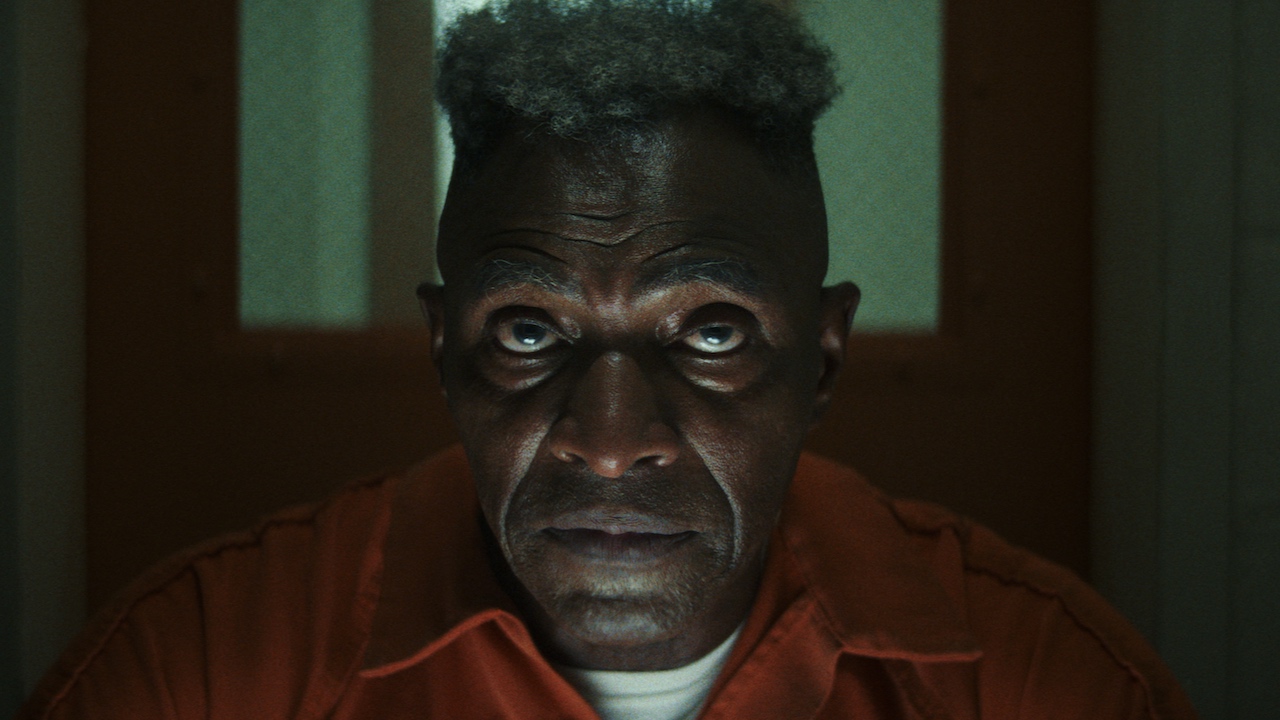







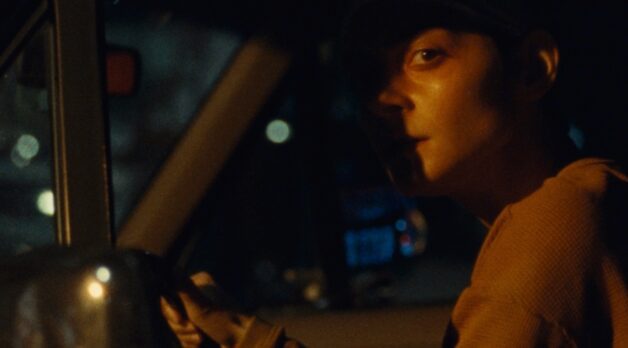










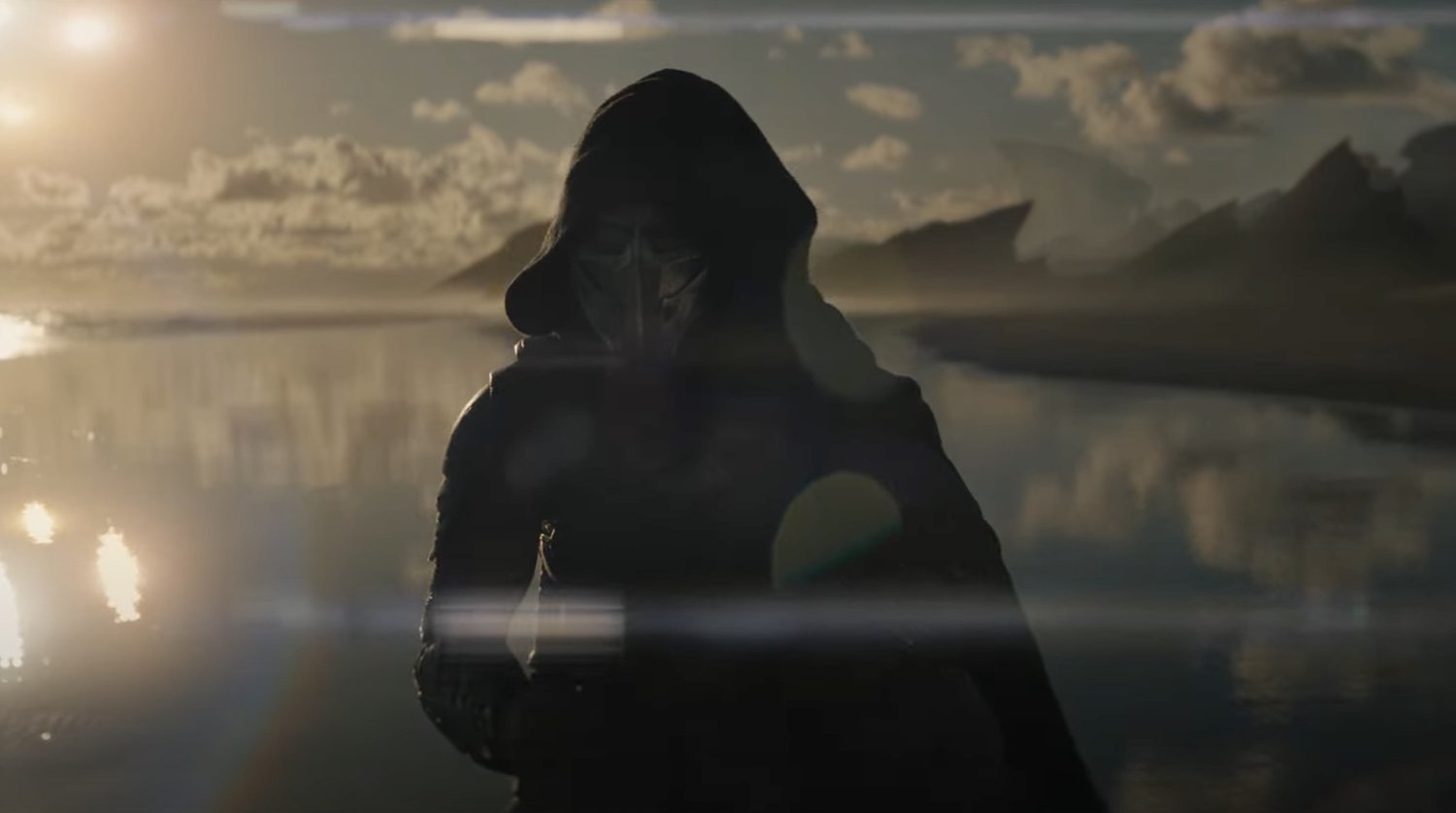















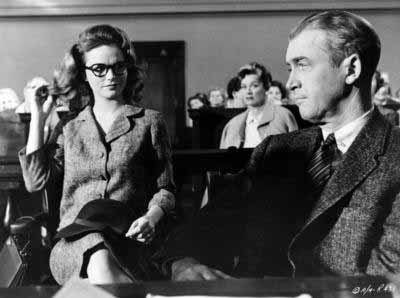


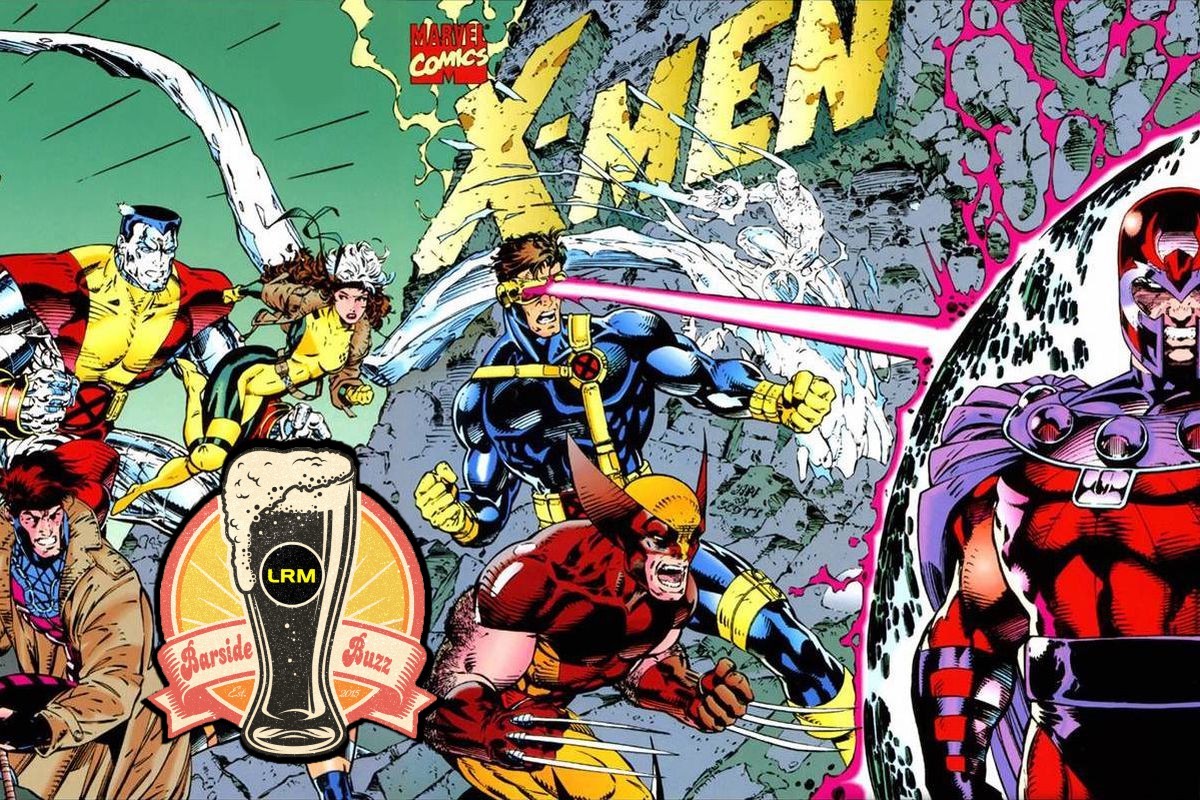










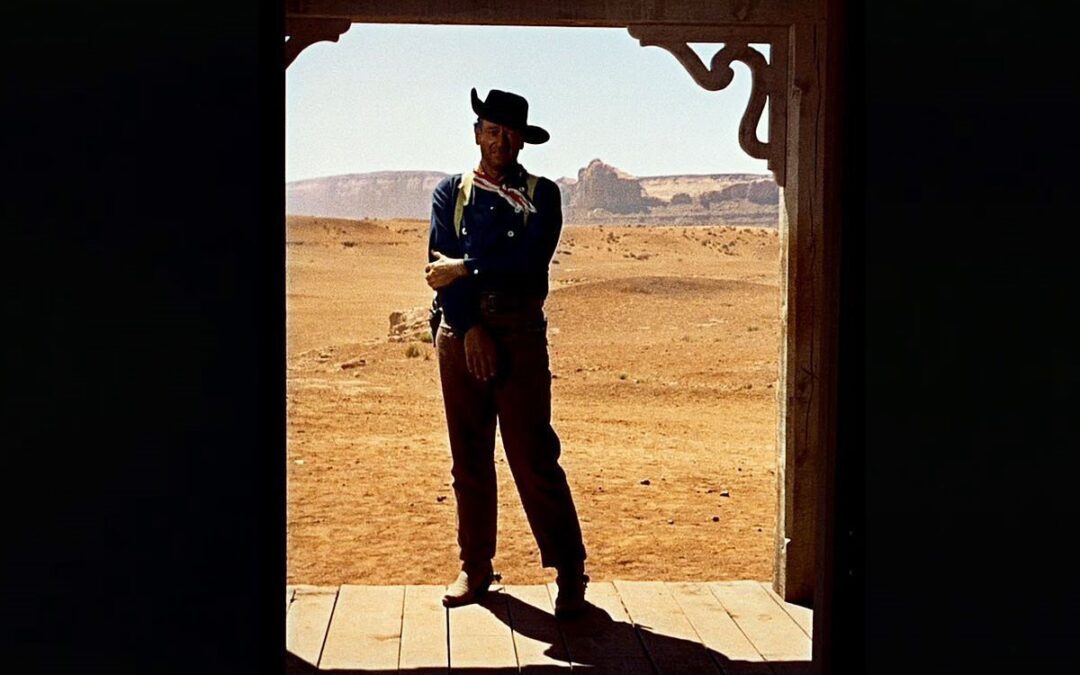








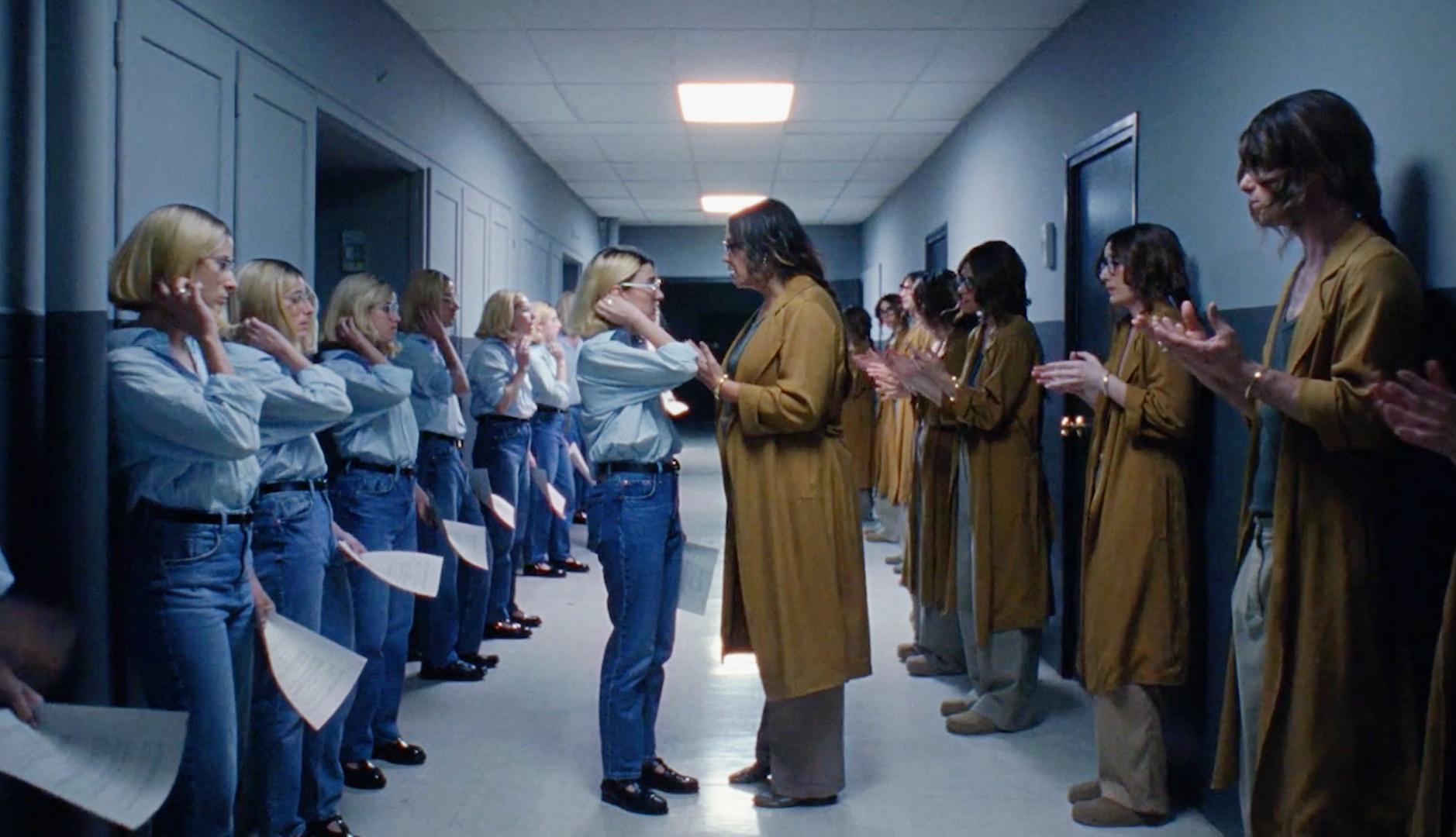






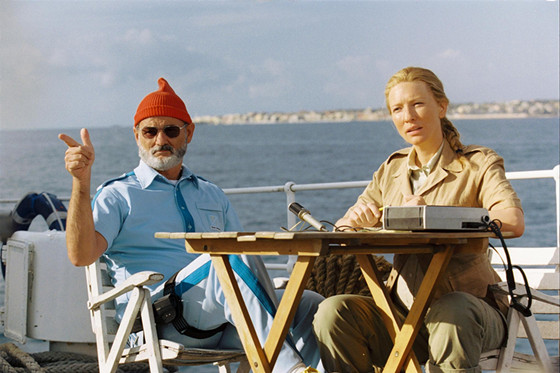





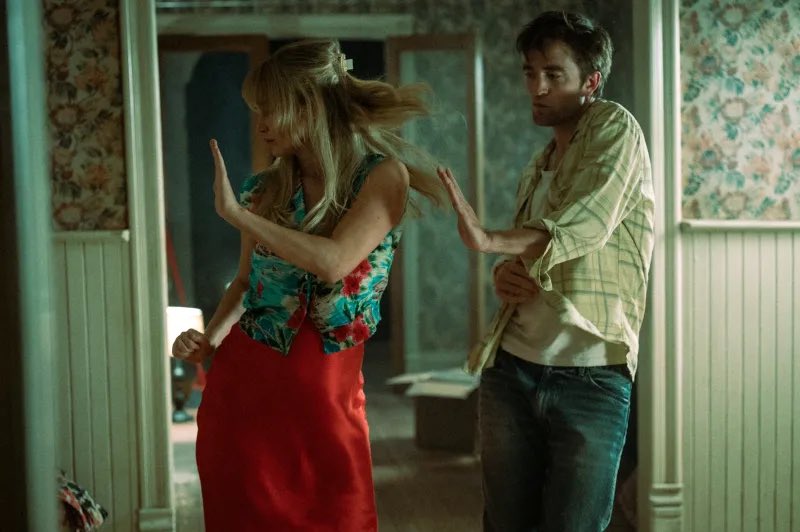





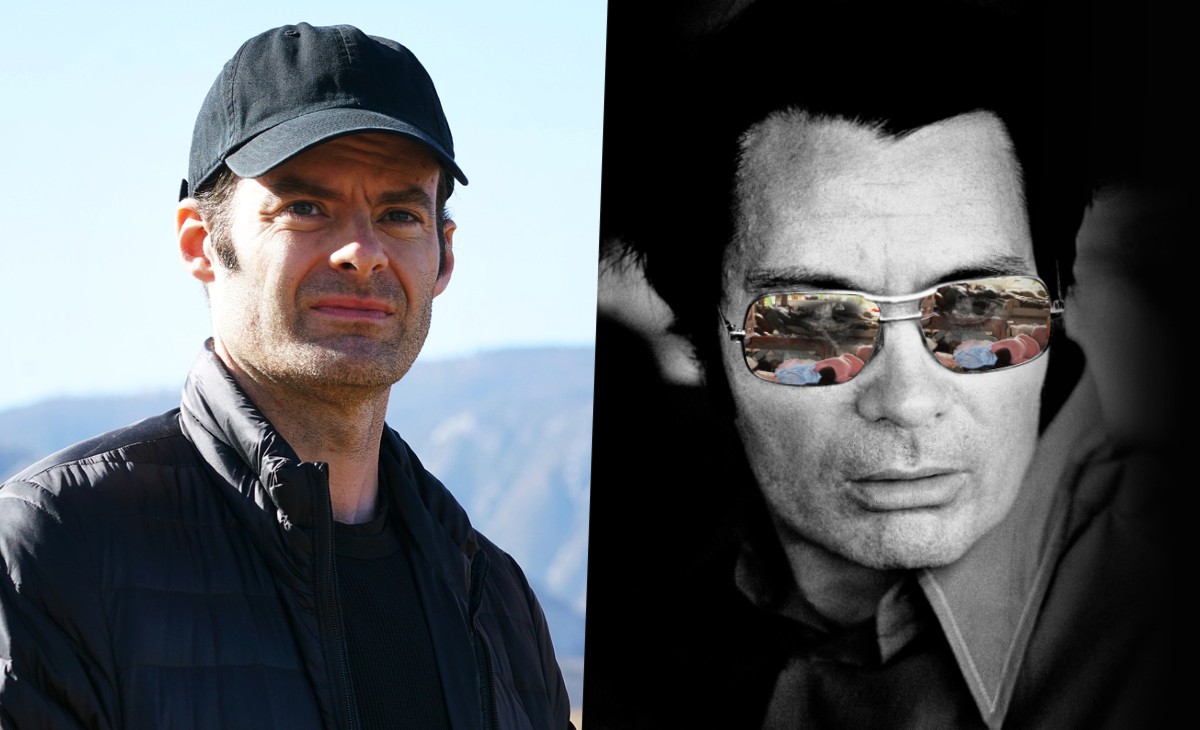























































































































![Last Chance Before Southwest Ends Open Seating: 90s Legend Kato Kaelin’s Barf Bag Hack Scores Empty Middle Seat [Roundup]](https://viewfromthewing.com/wp-content/uploads/2025/04/kato-kaelin-southwest.jpg?#)























-Classic-Nintendo-GameCube-games-are-coming-to-Nintendo-Switch-2!-00-00-13.png?width=1920&height=1920&fit=bounds&quality=70&format=jpg&auto=webp#)










.jpg?#)
















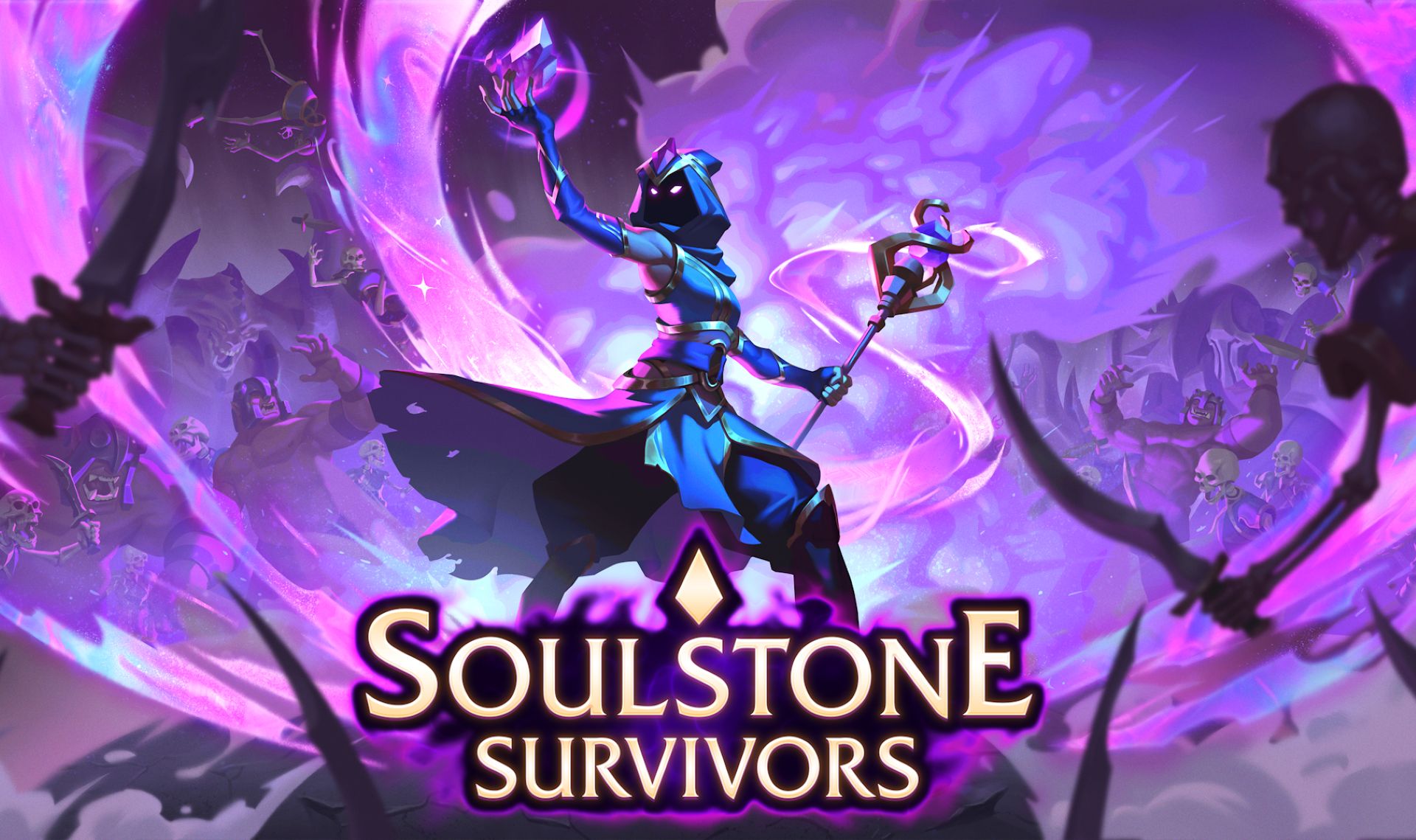























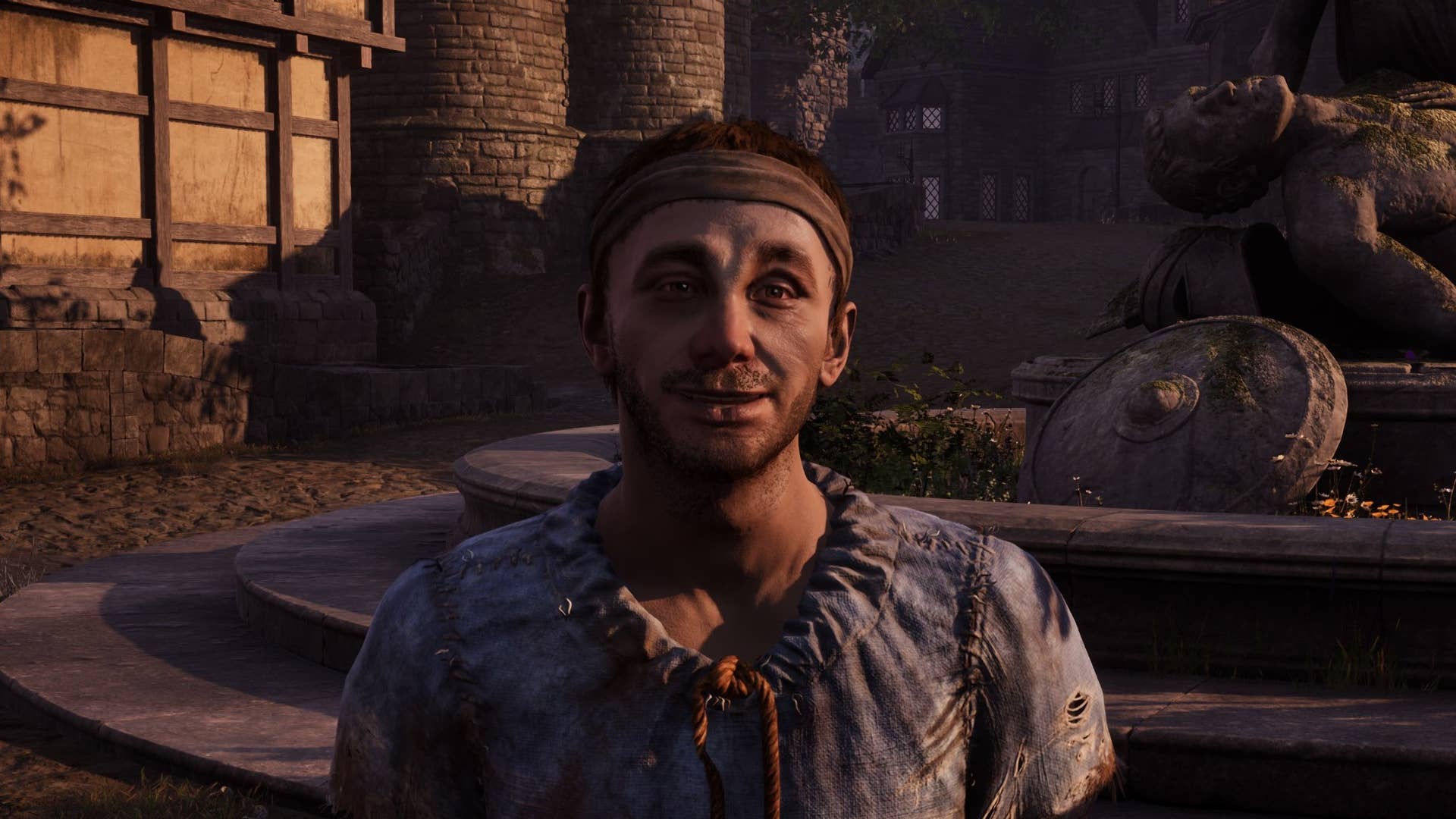




























































































![[Podcast] Unlocking Innovation: How Play & Creativity Drive Success with Melissa Dinwiddie](https://justcreative.com/wp-content/uploads/2025/04/melissa-dinwiddie-youtube.png)
















































































































